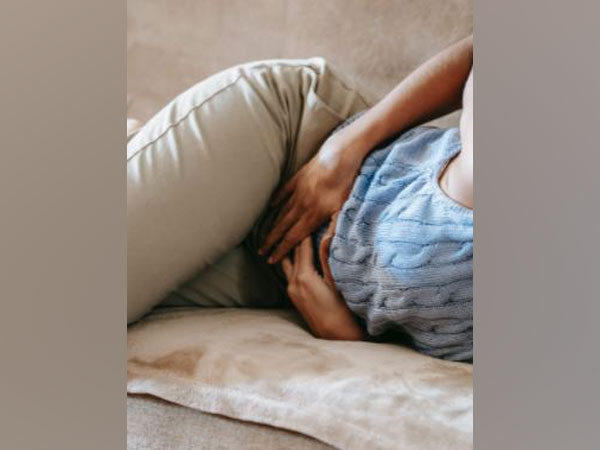Women's reproductive health disrupted by COVID-19 pandemic: Study
Women's reproductive health has been disrupted as a result of the psychological burden of the COVID-19 pandemic, and affected women need additional medical and psychological support, according to recent research presented at the Society for Endocrinology annual conference in Edinburgh

Edinburgh [Scotland]: Women's reproductive health has been disrupted as a result of the psychological burden of the COVID-19 pandemic, and affected women need additional medical and psychological support, according to recent research presented at the Society for Endocrinology annual conference in Edinburgh.
The findings indicate that stress and sleep disturbance related to the pandemic has had adverse effects on women's menstrual cycles. The study suggests that further studies are necessary to establish the longer-term impact of the pandemic on female reproductive health
Also Read |
Lifestyle: Here are some summer drinks to keep your child hydrated
The COVID-19 pandemic has had a detrimental effect on the lives of our global population. Negative impacts on our mental health have been compounded by significant changes to our daily lifestyle, eating, and exercise habits. Stress is a known factor that can disturb women's menstrual cycles by affecting hormone levels, as well as causing sleep and body weight disturbances.
Stress hormones can directly inhibit sex hormone release, whilst sleep disturbance is associated with infertility and increased belly fat is also associated with menstrual dysfunction.
Also Read |
Lifestyle: This is key for people with diabetes and COVID-19
To investigate the impact of the pandemic on reproductive health, Dr Michelle Maher, as part of a research team led by Dr Lisa Owens in Dublin, surveyed over 1,300 women in April 2021. In addition to standard measures of depression, anxiety, and sleep quality, the survey also asked about their menstrual cycles.
Menstrual disturbances included irregular, missed, painful or heavy periods and pre-menstrual symptoms. 56 per cent of respondents reported an overall change in their menstrual cycles since the beginning of the pandemic, with 64 per cent reporting a worsening in pre-menstrual symptoms and 54 per cent experiencing reduced sex drive. Rates of severe depression, anxiety and poor sleep were more than double those from pre-pandemic levels for women of reproductive age.(ANI)
 Dynamite News
Dynamite News 